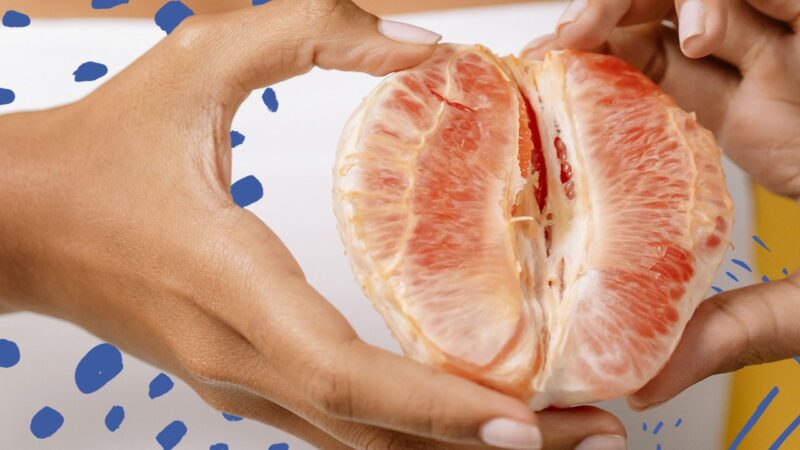Vaginal dryness is a topic that often stays tucked away in hushed conversations, yet it’s an issue that affects many women, particularly during menopause or as a result of certain medical treatments.
While there are plenty of pharmaceutical options, did you know that your diet could also offer significant relief? Yes, you read that right. Today we’ll talk about the best foods for vaginal dryness and how they could be game-changers for you. Buckle up!
The Basics You Need to Know
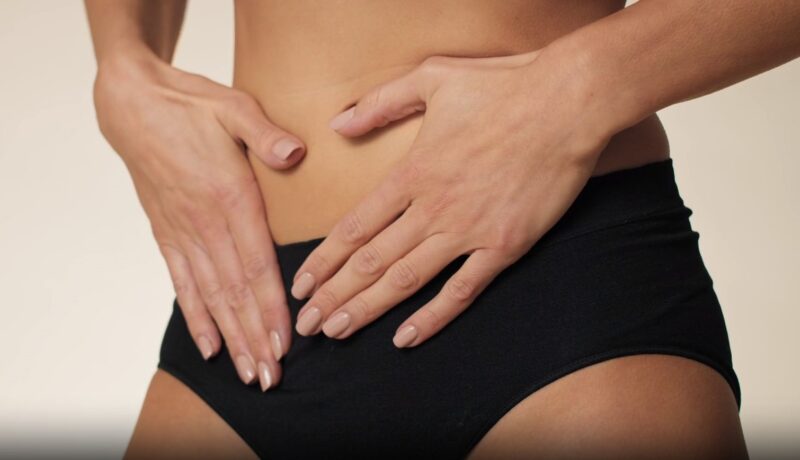
Before we dive into the delectable world of foods that can offer relief, let’s first understand what vaginal dryness is all about.
Causes
Vaginal dryness is a common symptom often associated with the hormonal changes that come with menopause. However, it can affect women of all ages due to various reasons like childbirth, breastfeeding, or certain medications. Decreased estrogen levels are usually the culprit. They lead to reduced moisture, affecting the natural lubrication of the vaginal walls.
Symptoms
You might be experiencing itching, stinging, or discomfort during sexual activity. In severe cases, it may also lead to urinary symptoms like frequent urination or urinary tract infections. Recognizing these symptoms is the first step toward finding a solution.
Treatments
The medical approach to treating vaginal dryness usually involves hormone replacement therapy or over-the-counter lubricants. However, these treatments can come with their own set of side effects. That’s where the role of nutrition comes in. Changing your diet can provide a natural approach to alleviating symptoms, and it’s what we’re focusing on today.
The Science Behind Foods & Vaginal Health
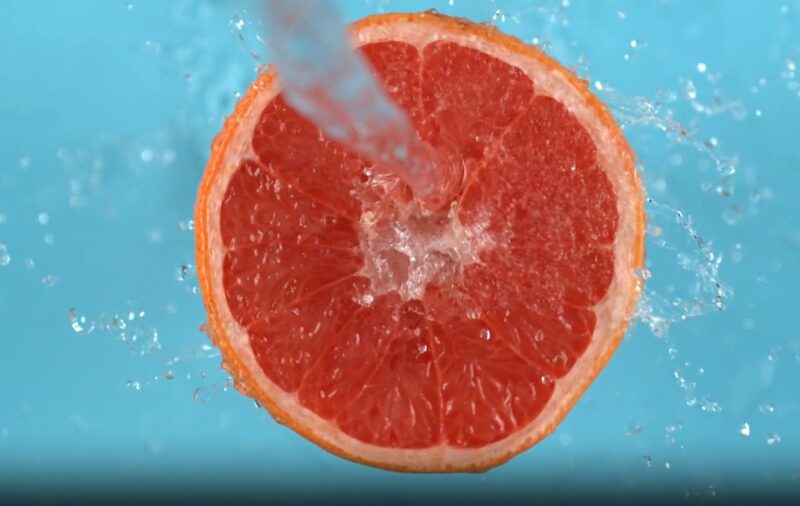
How can the food you eat impact your vaginal health? This section uncovers the science behind the strong connection between nutrition and your reproductive system.
Omega-3 Fatty Acids
Omega-3 fatty acids are champions when it comes to improving vaginal health. Not only do they boost your body’s natural lubrication, but they also act as an anti-inflammatory agent. Foods rich in omega-3s, like fish, flaxseeds, and walnuts, could be your ticket to combat vaginal dryness effectively.
Antioxidants
Free radicals in the body can cause tissue and cellular damage, including to the vaginal walls. Antioxidants counter this damage and help regenerate cells. Foods rich in vitamins C and E, like oranges, strawberries, and almonds, can help you in this quest.
Probiotics
Probiotics, commonly found in foods like yogurt and kefir, are excellent for maintaining the body’s pH balance, including the vaginal area. A healthy pH level promotes the growth of good bacteria, which is crucial for natural lubrication.
The Ultimate Food List
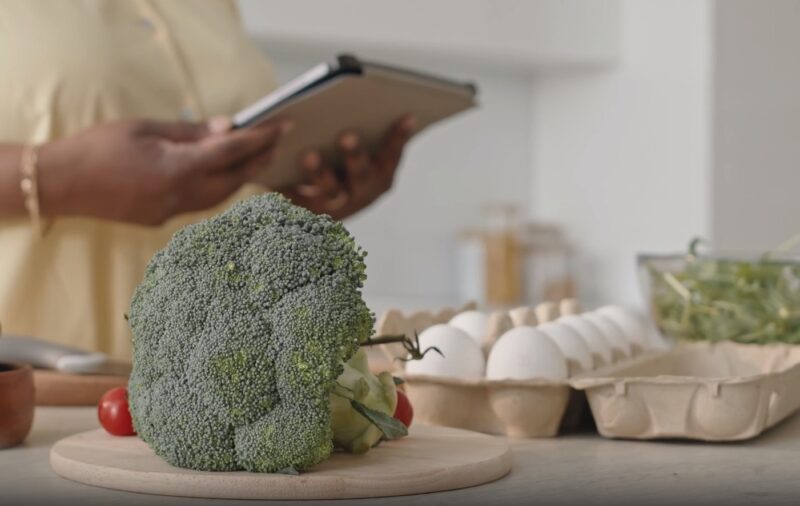
Now, let’s get down to the nitty-gritty—the foods that you should consider incorporating into your diet for a more comfortable and healthier life.
Seafood
- Salmon: Rich in omega-3 fatty acids and provides excellent natural lubrication.
- Tuna: Another excellent source of omega-3s that can be easily added to your diet.
Fish aren’t just for brain health; they are a treasure trove of benefits for vaginal health too. Whether grilled, baked, or incorporated into sushi, seafood like salmon and tuna are must-adds to your grocery list.
Nuts and Seeds
- Flaxseeds: High in omega-3 fatty acids.
- Almonds: Rich in antioxidants, especially Vitamin E.
Nuts and seeds might be small, but they are mighty. A handful of these can be a snack or added to salads, providing you with a powerful punch of nutrients that are good for your vaginal health.
Fruits and Vegetables
- Strawberries: A great source of antioxidants and Vitamin C.
- Kale: High in both antioxidants and fiber.
Fruits and vegetables are your allies in fighting vaginal dryness. Strawberries can be eaten fresh, added to smoothies, or incorporated into desserts. Leafy greens like kale can be used in salads or sautéed as a side dish.
Foods to Avoid
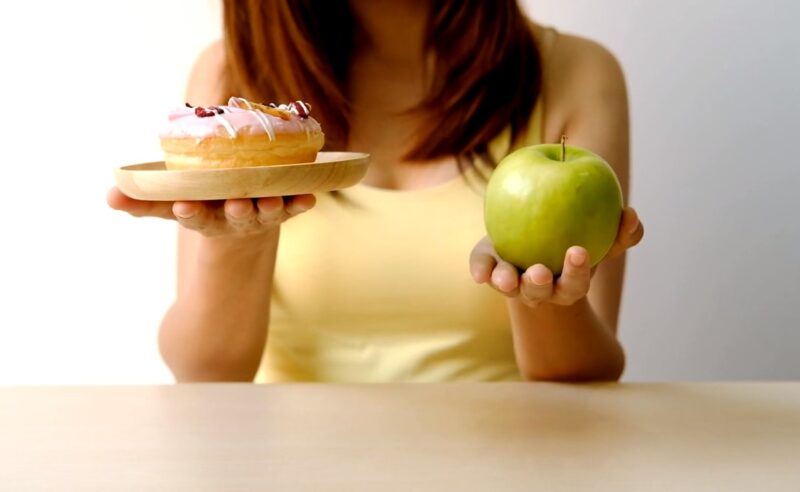
Not all foods are helpful; some might exacerbate the problem. Here’s a list of what to skip.
Sugary Foods
Sugar can disrupt the body’s pH levels, including that of the vaginal area, making dryness worse. Foods high in sugar can also contribute to weight gain, which may further complicate hormonal balance.
Caffeine and Alcohol
Both caffeine and alcohol are diuretics, meaning they can dehydrate you. Dehydration can be a direct cause of vaginal dryness, so it’s best to limit your intake of coffee, tea, and alcoholic beverages.
Processed Foods
Processed foods often contain preservatives and additives that can disrupt hormonal balance. Since hormonal imbalances are a leading cause of vaginal dryness, steering clear of processed foods can be beneficial.
Creating a Balanced Diet

Now that you know what to eat and what to avoid, how do you make these changes sustainable?
Meal Planning Tips
- Plan your meals a week in advance.
- Make a shopping list focused on the foods beneficial for vaginal health.
Organizing your meals can help you stick to a diet that benefits not just your vagina but your overall well-being.
Simple Recipes
- Omega-3 Smoothie: Blend flaxseeds, chia seeds, and mixed berries.
- Nutrient-packed Salad: Combine kale, almonds, and salmon.
It doesn’t take much effort to incorporate these foods into your daily meals. These simple recipes are a great starting point.
Lifestyle Choices
Beyond diet, regular exercise, adequate hydration, and stress management can also positively affect your vaginal health.
The Role of Hydration

When discussing vaginal health and dryness, the importance of hydration can’t be overstated. Let’s see why water is your ultimate sidekick in this journey.
Why Hydration Matters
Water is essentially the elixir of life, and it plays a significant role in every physiological process, including vaginal health. Being well-hydrated ensures that your bodily functions are operating at peak efficiency, including the production of natural lubricants.
Daily Water Intake
The general guideline is to consume at least eight 8-ounce glasses of water a day. However, your personal needs may vary depending on your lifestyle, activity level, and climate. Apps and smart water bottles can help you track your daily intake.
Beyond Water
While water is the go-to choice, other hydrating fluids like herbal teas or water-rich fruits like watermelon can also contribute to your daily hydration goals. However, remember to limit sugary drinks and caffeine.
Supplements and Natural Remedies
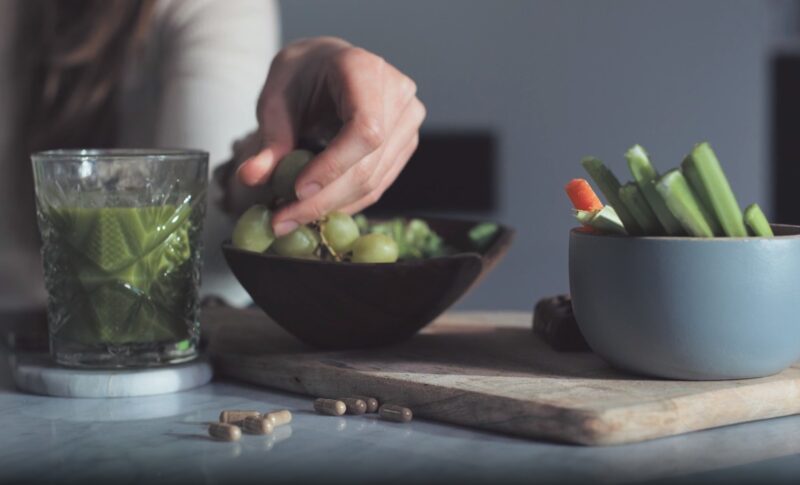
Aside from foods, there are also some over-the-counter options you might want to consider.
Omega-3 Supplements
If seafood is not your cup of tea, omega-3 supplements are a viable alternative. These supplements can provide a concentrated dose of omega-3 fatty acids, which can help alleviate symptoms of vaginal dryness.
Vitamin E
Vitamin E capsules can also be beneficial. Some women even apply vitamin E oil directly to the vaginal area for immediate relief, although you should consult your healthcare provider before doing this.
Herbal Remedies
Some natural remedies like Black Cohosh or Evening Primrose Oil are also known for their benefits in reducing menopausal symptoms, including dryness. However, always consult a healthcare provider before starting any new supplement or herbal remedy.
Importance of Consultation and Medical Tests

Your journey towards better vaginal health should ideally be a collaborative effort with healthcare professionals.
Consult a Nutritionist
A qualified nutritionist can create a personalized diet plan, considering your nutritional needs, lifestyle, and medical history, ensuring that you’re on the right path to alleviating your symptoms.
Hormone Testing
Sometimes, it’s essential to get to the root cause of the problem. Hormone tests can offer valuable insights into your hormonal balance and help you tailor your dietary and medical interventions accordingly.
Holistic Approach
Combining your diet with other treatments, like hormone replacement therapy or vaginal moisturizers, can provide a more comprehensive solution. Always discuss these options with a healthcare provider.
Key Takeaways & Action Plan

In conclusion, combating vaginal dryness is a multi-faceted approach that goes beyond just medications.
Immediate Steps
- Start by integrating more omega-3-rich foods into your diet.
- Focus on hydration and consider tracking your water intake.
- Limit foods that exacerbate the symptoms.
Long-term Goals
- Work towards a balanced diet and possibly consult a nutritionist.
- Consider getting hormone levels tested for a more targeted approach.
- Evaluate lifestyle choices like exercise and stress management techniques.
Resources for Continued Learning
- Mobile Apps for tracking nutrition and hydration.
- Online communities focused on menopausal symptoms.
- Local workshops or webinars on nutrition for women’s health.
Taking these steps will not only improve your vaginal health but also your overall well-being. It’s all about making informed choices and taking action. Remember, food is more than just fuel; it’s medicine for the body and soul.
FAQs
What is the role of diet in vaginal health?
Diet plays a significant role in maintaining the overall health of your vagina. Certain vitamins, minerals, and nutrients can help reduce the risk of vaginal infections and aid in recovery.
What is vaginal pH and why is it important?
Vaginal pH is key to overall vaginal health. A balanced pH is generally between 3.8 and 4.2 and helps prevent unhealthy bacteria and yeast from multiplying too quickly. Disrupting this natural acidity can lead to discomfort or infections.
Can cranberry juice help with vaginal health?
Yes, pure cranberry juice and concentrated cranberry extract capsules are full of antioxidants and acidic compounds that can help prevent bacteria from adhering to the bladder wall. Opt for natural and sugar-free juice varieties.
Are sweet potatoes beneficial for vaginal health?
Sweet potatoes are rich in beta carotene and vitamin A, which help keep your mucous membranes, including vaginal tissues, healthy. They are also high in fiber, which may help stabilize insulin levels.
How do Omega-3 fatty acids affect vaginal health?
Omega-3 fatty acids can help with circulation and blood flow, which may boost your libido and ease painful menstruation. You can find these essential fatty acids in oily fish, flaxseed, eggs, and walnuts.
What is the role of soy in alleviating vaginal dryness?
Soy contains phytoestrogens that can promote overall vaginal health, especially in people with reduced estrogen levels. Minimally processed soy products may help improve postmenopausal vaginal dryness.
Can avocados help with natural lubrication?
Avocados are rich in healthy fats, vitamin B6, and potassium, which can positively affect your overall libido and natural lubrication.
How do dark leafy greens benefit vaginal health?
Dark leafy greens are packed with antioxidants and enhance circulation due to their many nutrients. They are also rich in vitamin E, magnesium, and calcium, which benefit muscle health, including vaginal muscles.
Are there any foods to avoid for maintaining vaginal health?
Limit foods with added sugars and trans fats, as well as ultra-processed foods. Some foods like garlic, asparagus, onions, and fish can change the scent of your urine and may affect your overall odor.
What should I do if I experience an unexpected change in vaginal odor?
If you experience an unexpected change in vaginal odor alongside other unusual symptoms, consult with a healthcare professional to rule out any underlying medical conditions.
Final Words
Vaginal dryness can be more than a nuisance; it can significantly impact your quality of life. But armed with the right information and dietary choices, you can bring about tangible changes. For more detailed information, consult healthcare professionals and consider combining your diet changes with other treatments for the best results.

